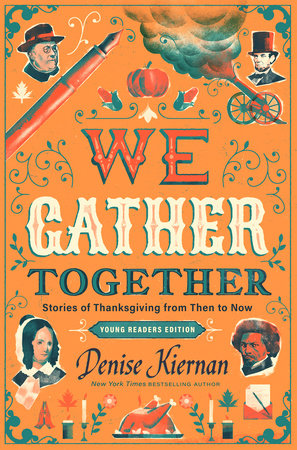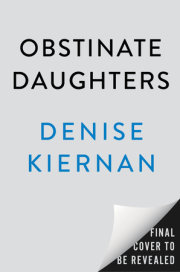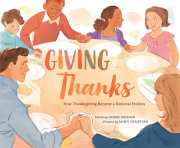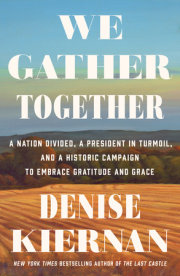Chapter One And Thus Commenced . . .
Summer began to slowly give way to autumn. The sun dipped below the New Hampshire horizon earlier in the day, and the mercury in the thermometer dipped as well. All across the land, it was a time for harvest. That harvest might be bountiful or not. No matter the season’s yield, Sarah Josepha Hale, along with others in her community in New England, would take a day to stop and give thanks. She expected that the governor of New Hampshire would soon proclaim when this celebration and day of reflection would take place. The holiday happened at a different time each year, but was meaningful no matter when it occurred.
Hale’s life had been painful lately. She had lost someone she loved. She often worried about money. Yet she still welcomed the opportunity to find something for which to be grateful.
Hale had little of her own and also had five young mouths to feed.
She was tired.
It was late.
She held a hungry baby in her arms.
Because Hale was a woman, she had little standing in her town, state, and country. However, she always found something to bravely stand for. It was the 1800s, and her gender meant she had few job opportunities and rights. But she could still do the one thing that brought her some measure of joy. She had a pen. She had a purpose. And she had something to say.
Once again, Sarah Josepha Hale sat down to write.
Copyright © 2023 by Denise Kiernan. All rights reserved. No part of this excerpt may be reproduced or reprinted without permission in writing from the publisher.











